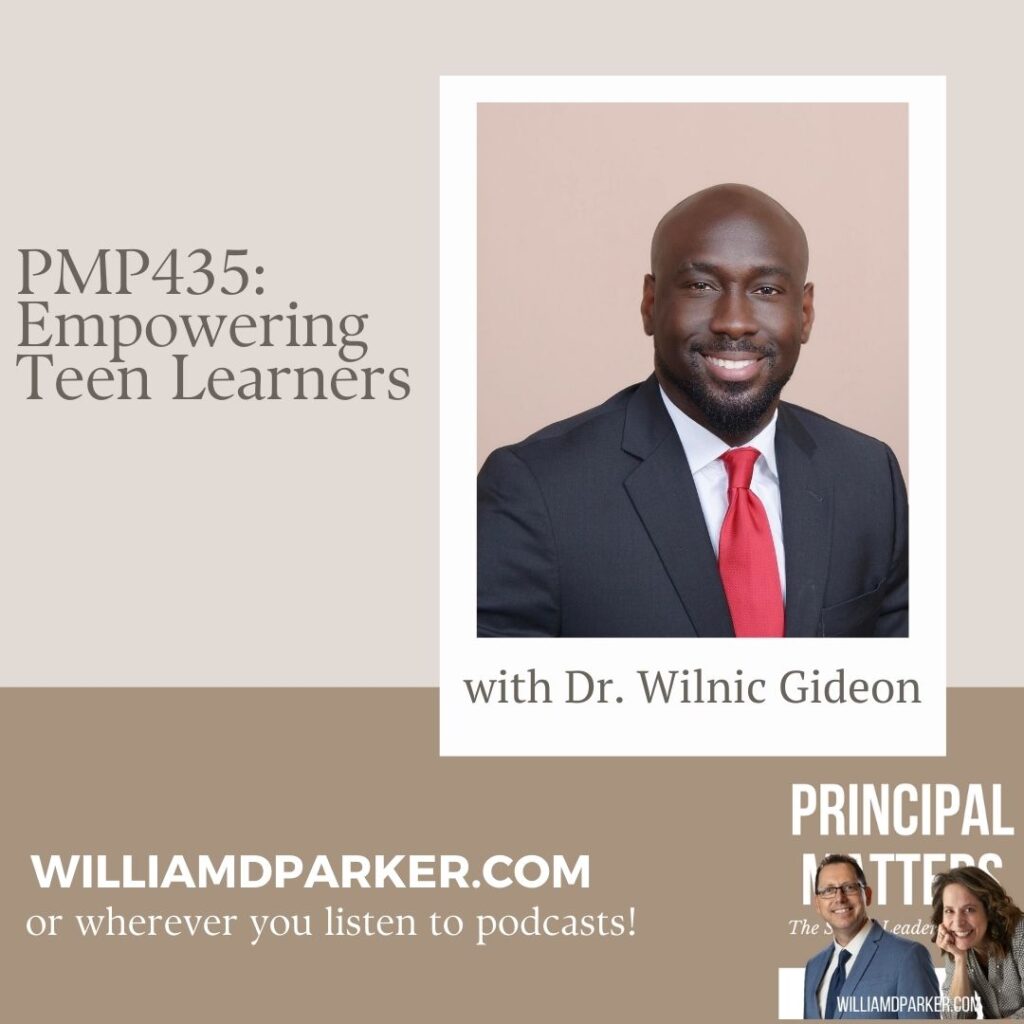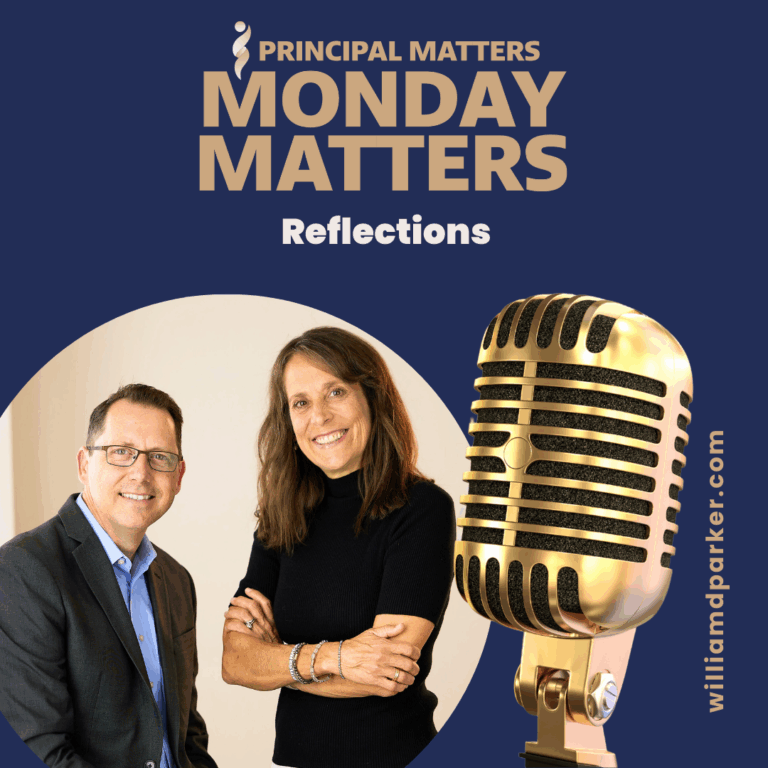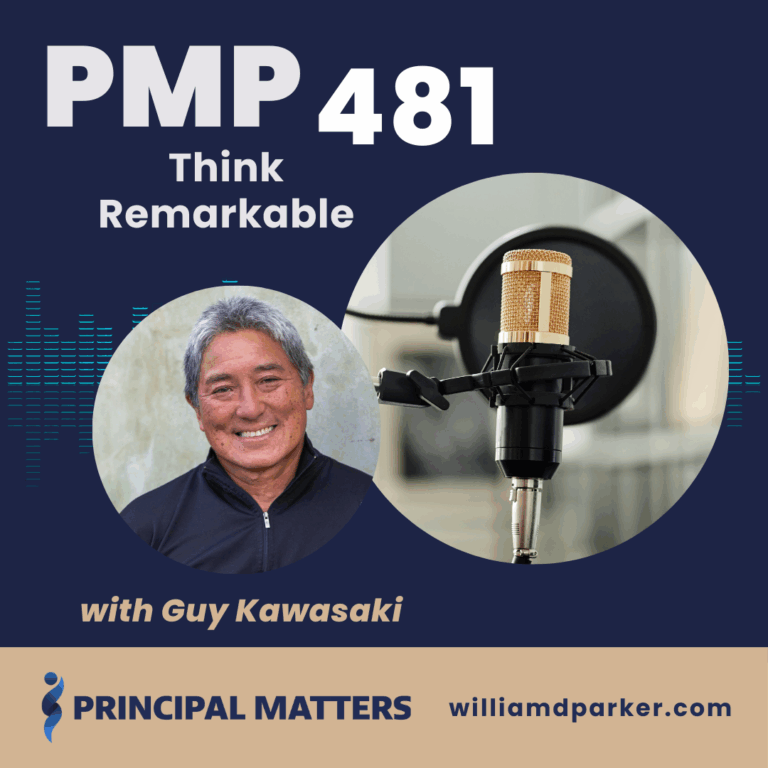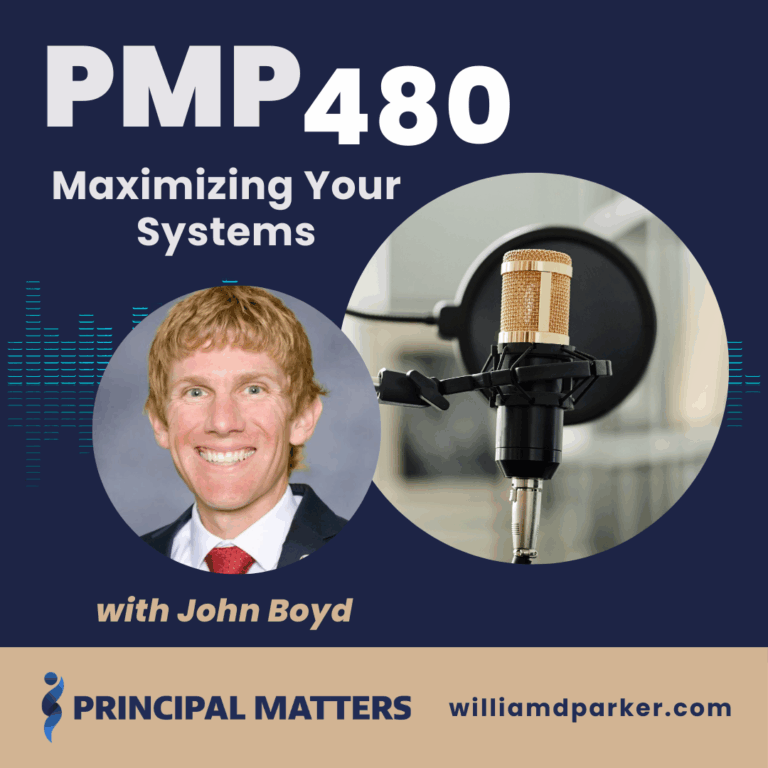Podcast: Play in new window | Download
A Quick Note to Listeners:
—- The Question of the Week is supported by Summer Pops Math Workbooks.
Principals, when students practice math over the summer, math scores go up. What’s your summer math plan this year? A great way to start is by ordering FREE summer workbook samples at Summer Pops Workbooks.com. —-
Before this week’s interview, Jen Schwanke and Will Parker answer a listener question with a five minute response.
The question is: There is that meme, “I just sat through another meeting that could’ve been an email.” What is the value of meetings? How can principals determine what content needs to be a meeting and what could be an email? What happens when people don’t read the emails?
Listen in to hear their response and thank you for doing what matters!

Dr. Wilnic Gideon is a dedicated educator, author, and advocate committed to empowering teenagers and their families. With over a decade of experience as a middle school principal, assistant principal, and dean in Washington and Florida, Wilnic has honed his expertise in adolescent development. He is the author of two impactful books: Mindful Learning: Unlocking the Gifts of the Teenage Brain and Raising Ready Teens: 21 Essential Milestones for Learning and Life. Drawing on his academic research and real-world leadership experience, Wilnic provides practical strategies to support teens’ cognitive, emotional, and social growth, leaving a lasting positive impact on the communities he serves. Wilnic holds both a doctorate in education and a masters degree in educational leadership, as well as an MBA. Something listeners may be surprised to learn about him is that he has a passion for writing music. This passion is useful to both help him keep his mind sharp and to help him connect with students and their families.
Utilizing Adolescent Brain Science:
Dr. Gideon has done a considerable amount of research on the brain science of teens, which has influenced his practice as an education leader. One of his key takeaways from this research is that relationships are at the core of the development of adolescent students. When helping give kids a safe learning environment, Wilnic and his team focus on socio-emotional learning. They focus on teaching students how to behave, how to grow socially, and how to learn from failure, to name a few focus areas. Wilnic emphasizes that educators are not just helping kids grow as students; they are helping them grow as people.
Raising Ready Teens:
One of the motivating factors for writing Raising Ready Teens: 21 Essential Milestones for Learning and Life was the birth of Dr. Gideon’s own son. He states that he realized that there is a lot of information available to parents regarding the milestones that infants and young children go through, whereas there is not as much information available to parents about milestones for adolescents. Therefore, readers can expect a roadmap that will help them navigate growth for teens through each development milestone.
Maslow’s Hierarchy and Your Teen’s Journey:
Maslow’s hierarchy is a framework that helps us understand how human motivation works. The central idea is that people must have their basic needs met before they can thrive and flourish. For teens, meeting these needs is a balancing act. When teens feel emotionally safe at home and at school, they are more likely to take healthy risks. Dr. Gideon spends a lot of time addressing these needs and working with families to help them understand how to navigate all the changes that teens face during this time in their lives.
Discovery of His Own Practices:
Looking back at what he learned while writing this book, Dr. Gideon states that he learned a lot about his own practices and biases. One thing he noticed about himself, parents, and other educators is that they all have the tendency to focus on outcomes over process when it comes to students. This can lead to missed opportunities to teach students how to navigate failure and uncertainty. Another thing Wilnic noticed about himself and other educators is that they have the tendency to focus on students who are behind academically while neglecting those who are doing well. Each student needs their own individualized level of support.
Parting Words of Advice:
When considering his parting words of advice to Principal Matters listeners, Dr. Gideon tells listeners the following:
- Listen more than you speak
- Prioritize relationships over results
- Don’t be afraid of failure
- Creating a 90 day plan to help you truly get to the needs of your school
You can stay connected to Dr. Wilnic Gideon through his website.
Learn More on Wilnic’s Amazon Author Page: https://www.amazon.com/author/drwilnicgideon
Book 1: Mindful Learning: Unlocking the Gifts of the Teenage Brain: Link to book on Amazon, Link to book on Barnes & Noble
Book 2: Raising Ready Teens: 21 Essential Milestones for Learning and Life Link to book on Amazon.




